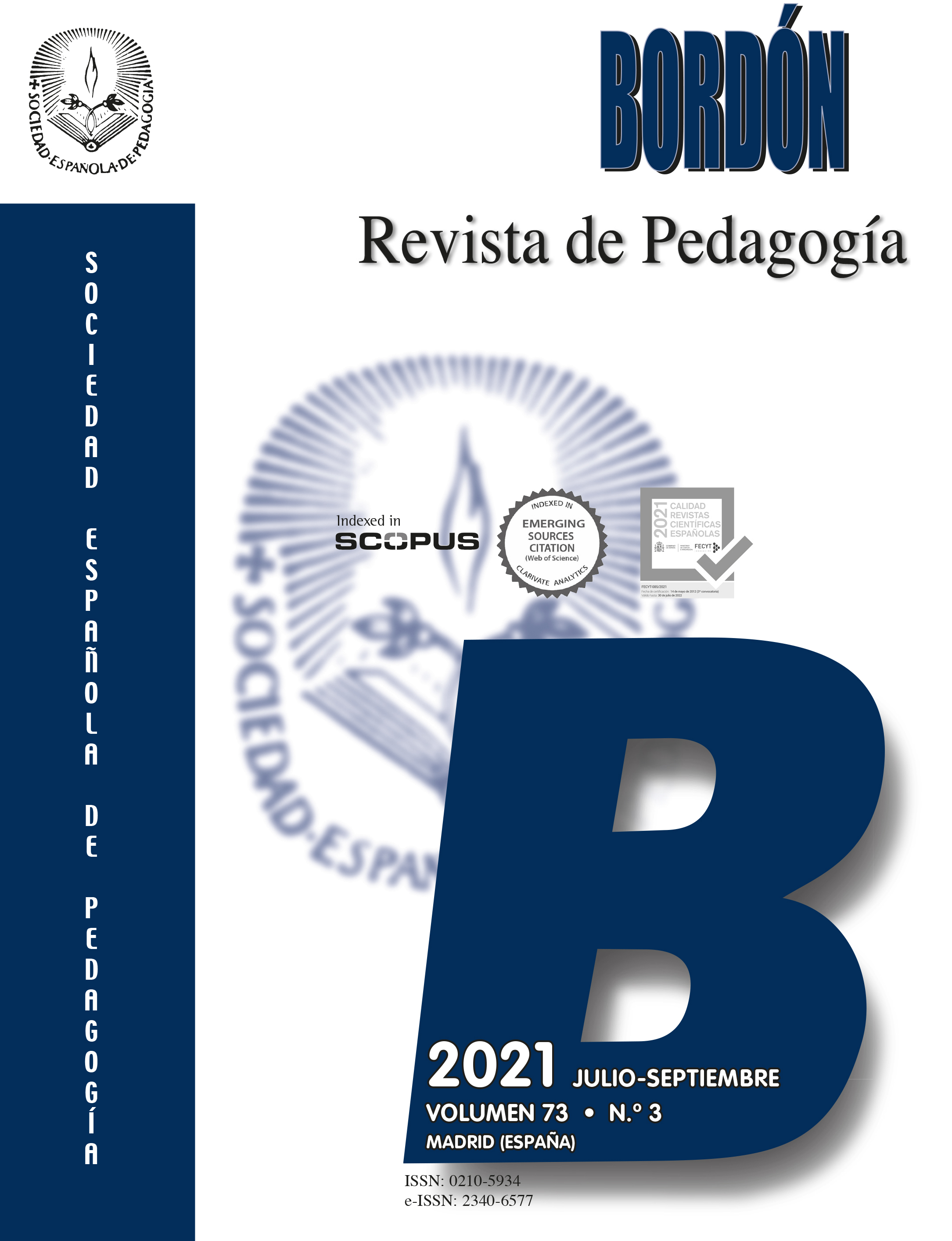Trait Meta-Mood Scale-24: factor structure, validity and reliability in argentine college students
Main Article Content
Abstract
INTRODUCTION. The Trait Meta-Mood Scale (TMMS) is one of the most used measures to evaluate self-perceived emotional intelligence. However, there are few studies that show how this instrument works with Argentine university students. In addition to this, a review of the factorial structure of the TMMS-24 has recently been proposed. Therefore, more research is required to examine which is the factorial structure that more adequately represents self-perceived emotional intelligence. The aim of the present study was to analyze the factorial structure of the TMMS-24 (testing the bifactor model and using additional coefficients), as well as its validity and reliability in order to provide evidence that contributes to the quality of the adaptation of this measure to the local context. METHOD. The sample was composed of 374 students, who filled out a sociodemographic questionnaire, the TMMS-24 and the Argentine versions of the Emotional Regulation Questionnaire and the Emotional Quotient Inventory. RESULTS. Confirmatory factor analysis showed an adequate fit of the model to the data referred to the oblique model (three factors correlated with their respective indicators: Attention, Clarity and Repair (X2= 803.354, GL = 249, CFI .9384, TLI .931, RMSEA [90% IC] = .0778; [.071, .083], WRMR 1.5273). Although the bifactor model showed satisfactory fit indices, the additional indicators were not adequate. Internal consistency was acceptable for each subscale (Emotional Attention ω = .90; Emotional Clarity ω = .90; Emotional Repair ω = .88). Differences were found according to sex and age for specific sub-scales, and expected correlations were found between TMMS-24, ERQ-A and EQ-i. DISCUSSION. The TMMS-24 showed adequate psychometric properties to measure IEA in the university population of Buenos Aires.

